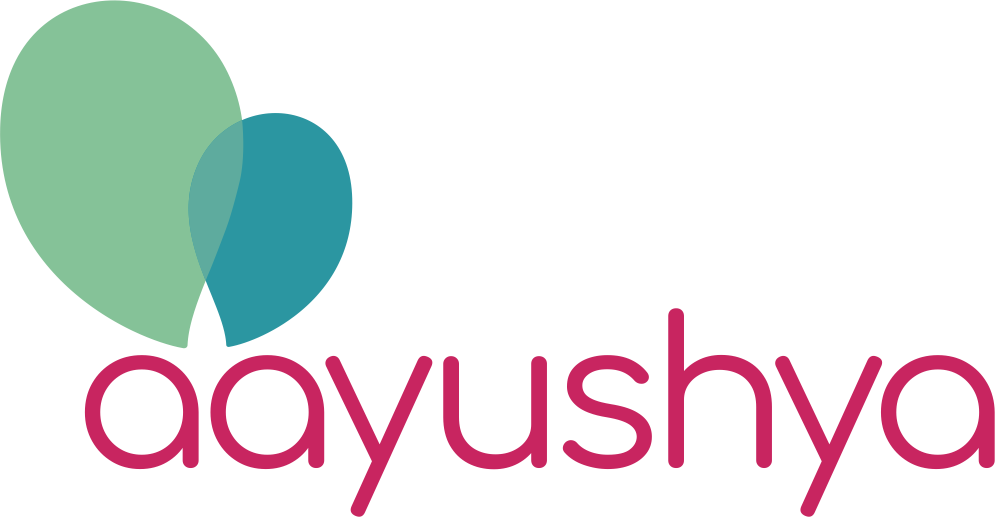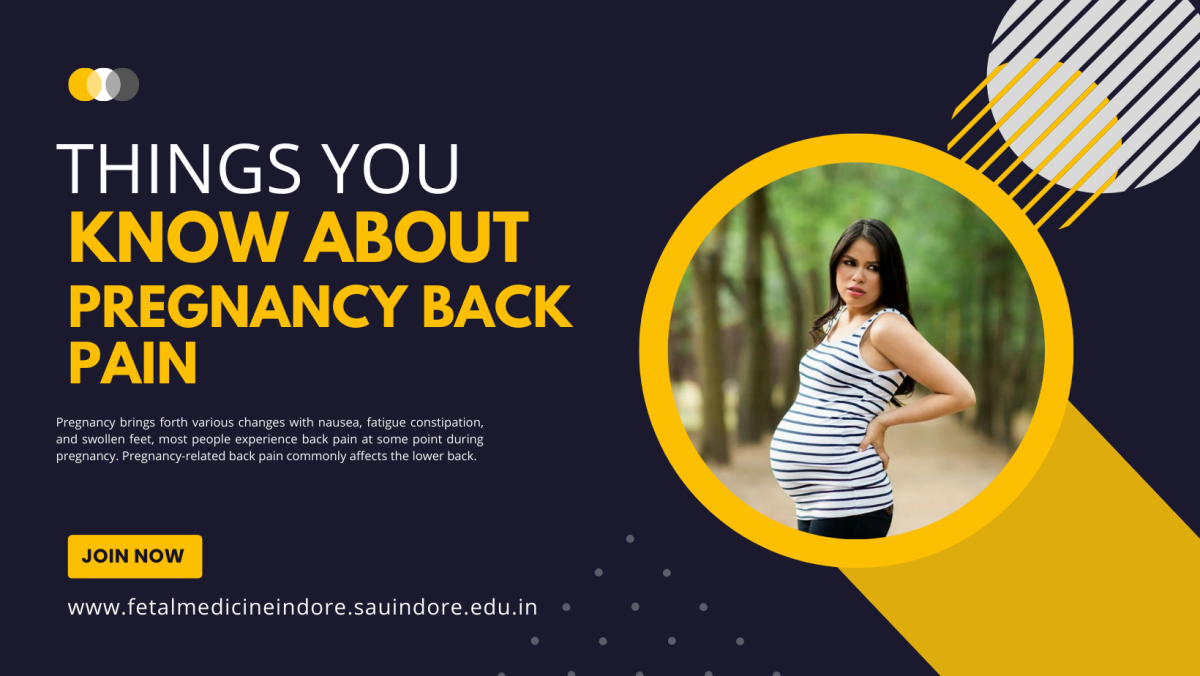Things you should know about pregnancy back pain
Pregnancy bring forth various changes with nausea, fatigue
cosntipation , and swollen feet, most people experience back
pain at some point during pregnancy. Pregnancy-related back
pain commonly affects the lower back.
In India low-back pain affects more than 50 %of women during pregnancy.
Backpain may arise near the center of the back or the tailbone .
The causes vary between women and may depend on the stage of pregnancy.
Here we will discuss the reasons for pregnancy-related back pain, and ways to
prevent this discomfort.
Causes in the first trimester
Common factors that can lead to back pain during the first trimester include
hormonal changes and stress .
Hormone changes
During the first trimester, levels of Relaxin in the body increase rapidly. High levels
of this hormone help relax the muscles and ligaments near the pelvis, which can
affect the stability and alignment of the joints. It affects the ligaments that
stabilize the spine, which can cause instability, postural shifting, and low-back
pain.
Another hormone progesterone helps the egg to implant in the uteral wall, and
also prevents contractions during the early stages of pregnancy. As labour
progress progesterone and relaxin stimulates the cervix to soften and open in
preparation for delivery.
These hormones relaxes the ligaments and joints in the pelvic region so that the
birth canal can expand during delivery.
Stress
Pregnancy is considered an exciting life event full of changes, it also introduces
new sources of stress.
Stress affectmonot only a person’s mood or psychological state of being but also
leads to physical symptoms such as fatigue, headache, stiffness, and muscle pain.
Causes in the second and third trimesters
Due to continues growth of the fetus and expansion of uterus, postural changes,
weight gain, and muscle separation all contribute to back pain in the later stages
of pregnancies.
Leaning backward
In pregnancy center of gravity shifts to the front of the body as the baby grows in
weight, to adjust this some women lean backward to regain balance. Leaning
backward puts extra strain on the back muscles that can lead to low-back pain
and muscle stiffness.
Weight gain
Excessive weight puts extra pressure on joints and ligaments ,which worsen if
woman have nutrients deficiency.
The amount of weight a woman puts on during pregnancy can impact her and
her baby’s overall health.
• 28–40 pounds (lb) or10 to 16kg if underweight
• 25–35 pound or8 to 11kg if a healthy weight
• 15–25 lb 6 to 8kg if overweight
Muscle separation
The front of abdomen consists of two parallel bands of muscles that connect in
the middle of the abdomen. These muscles help to stabilize the spine and
support the back.
During pregnancy, the growing fetus pushes against the abdominal muscles,
causing them to stretch and, in some cases, separate. This pressure can result in
a condition called diastasis recti.
During the second and third trimesters, some women may develop a bulge or
“pooch” in their stomach. This is a sign that their abdominal muscles are
separating to allow room for the growing uterus.
As the abdominal muscles stretch, they become weaker. This can increase a
woman’s risk of injuring her back or developing low-back or pelvic pain.
How to prevent and relieve pain.
Share on It is perceived as back pain is inevitable during pregnancy and pregnant woman
is bound to suffer it .
But this is not so , there are ways to relieve back pain both during and after
pregnancy.
Ways to relieve back pain during pregnancy include:
• Making postural changes, such as standing and sitting upright, so the back
is straight and shoulders square
• wearing a maternity belt for extra abdominal and back support
• using a lumbar pillow for additional back support while sitting
• getting prenatal massages to relax tight muscles, improve range of motion,
and relieve stress
• using alternative treatments, such as acupressure and Physicaltherapy
services, with a practitioner who specializes in pregnancy.
• regularly stretching the lower back
• sleeping on the side with a pillow between the legs and below the
abdomen
• Warm compress to relax tight muscles under supervision .
• reducing stress through meditation, prenatal yoga, and other mindfulness
techniques
• getting enough sleep
• PinterestStrengthening the back muscles with pregnancy-friendly exercises can
help reduce back pain. Under experts guidance.
• strengthening the back muscles with pregnancy-friendly exercises
• maintaining a healthy weight throughout pregnancy
• wearing flat- or low-heeled shoes with arch supports
• avoiding standing for long periods
• avoiding lifting too much weight
• practicing proper lifting techniques by squatting down and using the legs
instead of the back
• practicing good posture
• avoiding sleeping on the abdomen
When to see a doctor
Women who experience back pain during pregnancy should contact their
obstetrician or other healthcare providers if they experience the following
symptoms:
• severe pain
• pain that lasts more than 2weeks
• cramps that occur at regular intervals and gradually intensify
• difficulty or pain when urinating
• a tingling sensation in the limbs
• vaginal bleeding
• irregular vaginal discharge
• Fever
• Sciatica occurs as a result of an injury or irritation to the sciatic nerve.
Sciatica during pregnancy occurs when the growing fetus puts pressure on
the sciatic nerve.
One symptom of sciatica is low-back pain that radiates through the buttocks and
down the leg.
Women who suffer from severe back pain that persists longer than 2 weeks
should discuss treatment options with their healthcare provider.
Women who are pregnant should speak with their healthcare provider before
starting any new medications, supplements, or naturopathic treatments.
Pregnancy-related back pain usually resolves on its own after giving birth.
Severe back pain that lasts longer than 2 weeks may require medical treatment
or Physical therapy.
Dr Sudhi Arora Soni
Mpt Obstetrics & Gynaecology
Women wellness expert
Lamaze ,Lactation counsellor


